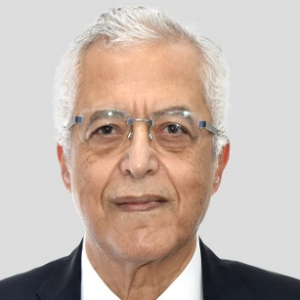Scaffold Degradation
Scaffold Degradation is a crucial aspect of tissue engineering and regenerative medicine, involving the controlled breakdown of temporary structures that provide support for cells during tissue formation. Biodegradable scaffolds serve as frameworks for cells to attach, proliferate, and differentiate, ultimately facilitating the regeneration of damaged or lost tissue. These scaffolds can be made from various materials such as synthetic polymers, natural polymers, or a combination of both. The controlled degradation of the scaffold is essential to allow for the replacement of the temporary structure with new, functional tissue. The degradation process is typically designed to match the rate of tissue regeneration, ensuring that the scaffold provides mechanical support during the critical early stages of tissue development. Factors influencing scaffold degradation include material properties, architecture, and the specific biological environment. Cells within the engineered tissue produce enzymes that break down the scaffold material, and the byproducts are often eliminated through metabolic pathways. Balancing scaffold stability and degradation kinetics is a key challenge in tissue engineering. If the scaffold degrades too quickly, it may not provide sufficient support for tissue formation, while slow degradation might impede the natural integration of the regenerated tissue. Researchers are continually refining scaffold design and exploring innovative biomaterials to optimize degradation profiles, enabling precise control over the regenerative process. This dynamic field holds great promise for addressing various clinical challenges, including the repair and replacement of damaged tissues and organs.

Nagy Habib
Imperial College London, United Kingdom
Lucie Bacakova
Institute of Physiology of the Czech Academy of Sciences, Czech Republic



Title : AI-integrated high-throughput tissue-chip for space-based biomanufacturing applications
Kunal Mitra, Florida Tech, United States
Title : Stem cell technologies to integrate biodesign related tissue engineering within the frame of cell based regenerative medicine: towards the preventive therapeutic and rehabilitative resources and benefits
Sergey Suchkov, N.D. Zelinskii Institute for Organic Chemistry of the Russian Academy of Sciences, Russian Federation
Title : In vitro evaluation of lyophilized Dedifferentiated Fat cells (DFAT) impregnated artificial dermis
Kazutaka Soejima, Nihon University, School of Medicine, Japan
Title :
Nagy Habib, Imperial College London, United Kingdom
Title :
Alexander Seifalian, Nanotechnology & Regenerative Medicine Commercialisation Centre, United Kingdom
Title : The regenerative medicine of the future
Marco Polettini, DVM, Italy